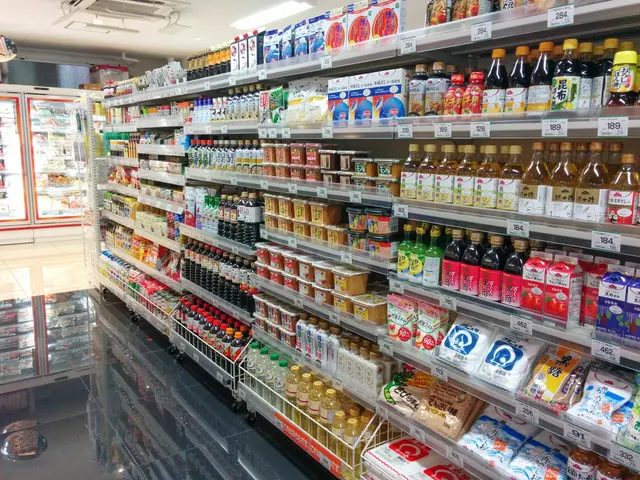Expanding Tech Innovation in South Korea through the Development of the Vietnam Network
Vietnam's focus on high-quality, technology-driven foreign direct investment is a key strategy in boosting innovation, productivity, and national competitiveness. This was emphasized by Party General Secretary To Lam, who also encouraged the network to proactively lead innovation initiatives and bring global excellence back to Vietnam.
In this regard, the Vietnam Innovation Network and overseas Vietnamese intellectuals play a strategic role in Vietnam's ambition to become a modern industrialized country by 2030 and a high-income country by 2045. They contribute to technology transfer, human capital development, and global integration, particularly in advanced industries like semiconductors.
Vietnam's development plans emphasize building a high-tech industrial ecosystem, including semiconductor design and manufacturing, aiming for self-reliance and global competitiveness by 2027 and beyond. The government aims to train 50,000 semiconductor engineers by 2030 and strengthen institutional frameworks, infrastructure, and innovation ecosystems supported by both domestic and foreign expertise.
The Vietnam Innovation Network and overseas Vietnamese experts provide critical knowledge, skills, and international linkages that accelerate technology transfer, drive R&D, and foster collaboration between government, academia, and industry. For example, a network of over 100 Vietnamese experts worldwide has been established to support semiconductor development. Overseas intellectuals contribute to specialized training, help advance high-tech R&D centers, and facilitate foreign direct investment.
These contributions are essential to meeting Vietnam’s ambitious socio-economic goals laid out in national policies, which include making industry account for over 40% of GDP by 2030, with high-tech products comprising at least 45% of manufacturing output, alongside productivity and competitiveness targets across ASEAN.
At a conference, industry experts declared the Vietnamese workforce to be a significant advantage in Vietnam's semiconductor industry, supported further by digital twin technology. Minister Thang emphasized the importance of overseas Vietnamese intellectuals and experts, particularly in areas like innovation and high technology.
The Party General Secretary To Lam asked the Vietnam Innovation Network in South Korea to act as a bridge between domestic and international innovation ecosystems. Minister of Finance Nguyen Van Thang stated that this year marks a crucial point as Vietnam strives to become a modern industrialized country with upper-middle income by 2030, aiming to reach high-income status by 2045.
The meeting underscored the Party, State, and Party general secretary's strong commitment to the Vietnamese intellectual community abroad, particularly the Vietnam Innovation Network in South Korea. The first meeting was held in the United States last year, and this was the second time Party general secretary To Lam had personally chaired a meeting with the Vietnam Innovation Network.
Notable efforts include the development of key laws, national strategies, proposals for research and training centres, international financial centres, and incubation programmes for innovative Vietnamese startups in South Korea. The Party General Secretary To Lam expressed appreciation for the contributions made by the Ministry of Finance and the Vietnam Innovation Network in South Korea.
In conclusion, the Vietnam Innovation Network and overseas Vietnamese intellectuals are key enablers of technology-driven growth, innovation capacity, and global integration necessary for Vietnam’s transformation into a modern industrial and high-income economy by the mid-21st century.
Science plays a crucial role in Vietnam's drive towards self-reliance and global competitence in semiconductors, with the Vietnam Innovation Network and overseas Vietnamese experts contributing significantly to specialized training, high-tech R&D, and technology transfer. Finance, in the form of foreign direct investment, is also essential in strengthening Vietnam's institutional frameworks and innovation ecosystems, as outlined in its ambitious development plans. Business and technology are intertwined in these efforts, as Vietnam aims to train 50,000 semiconductor engineers, build a high-tech industrial ecosystem, and make high-tech products comprise at least 45% of manufacturing output, all by 2030.




